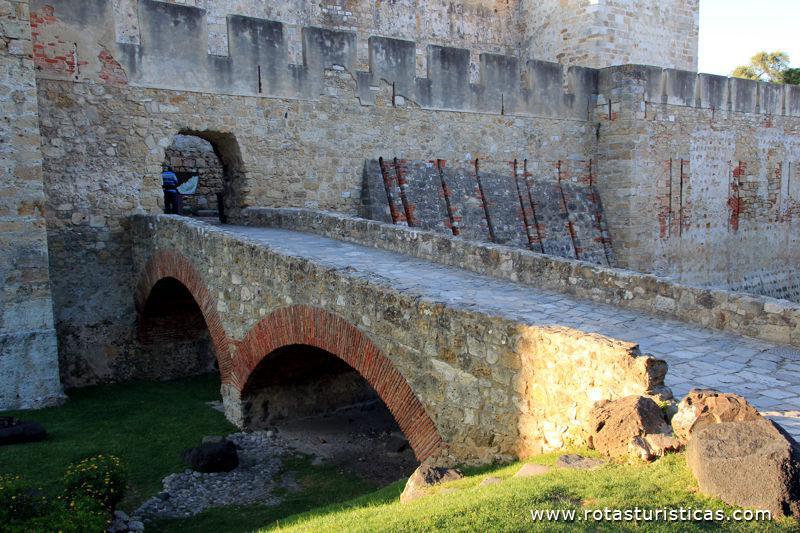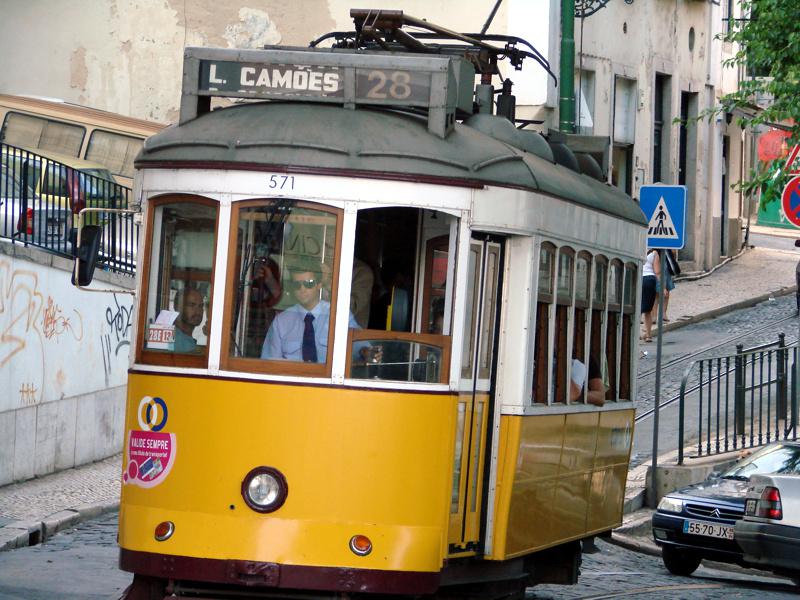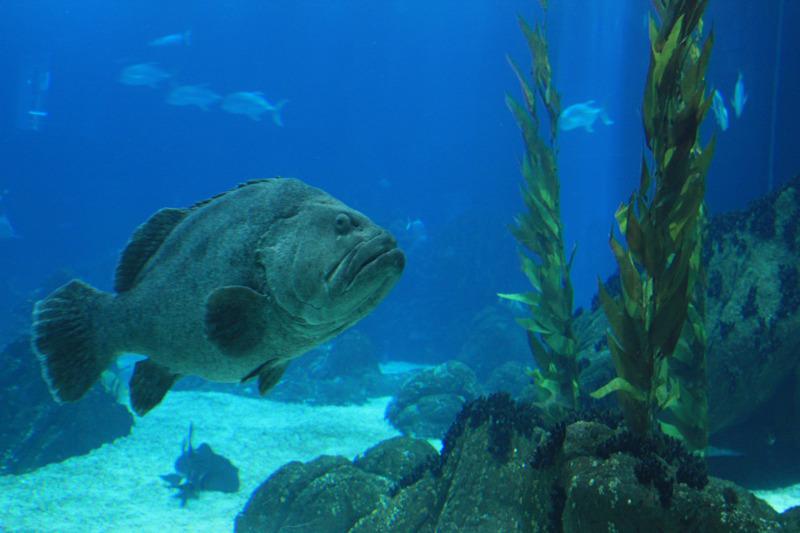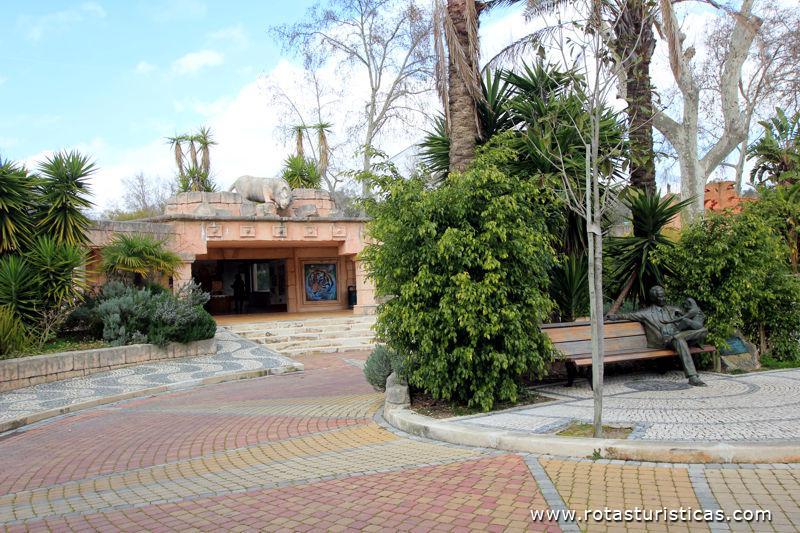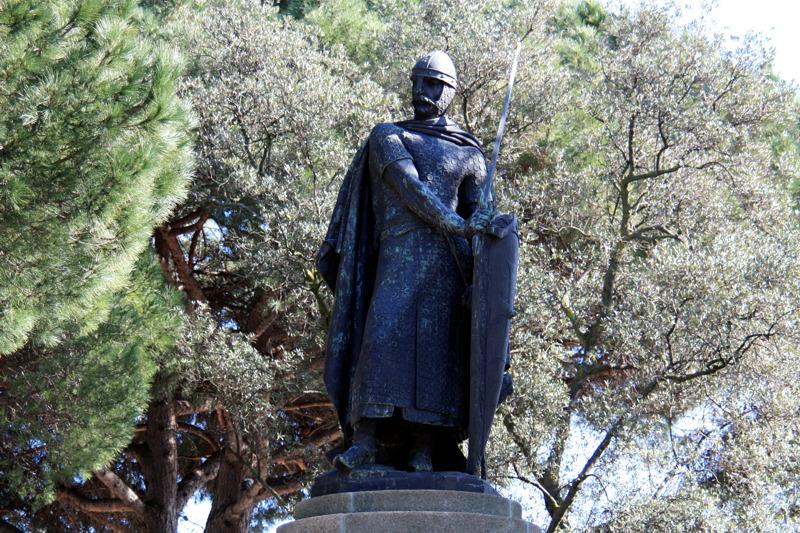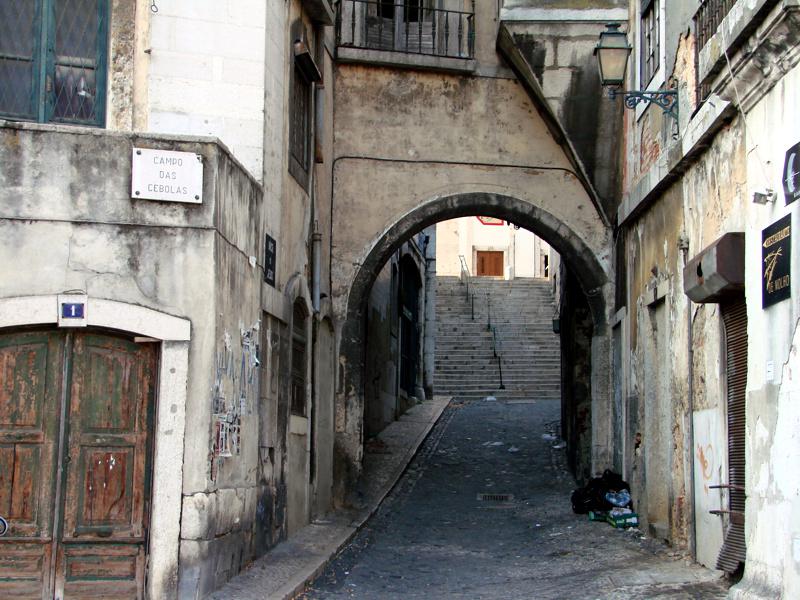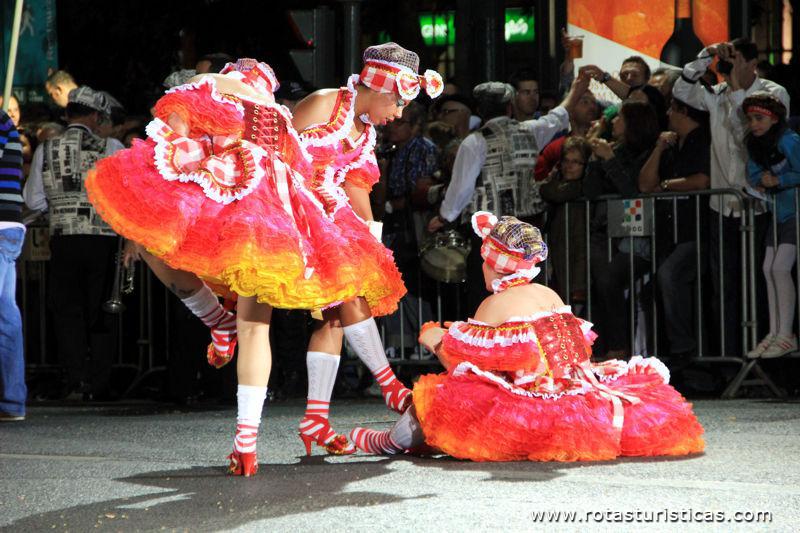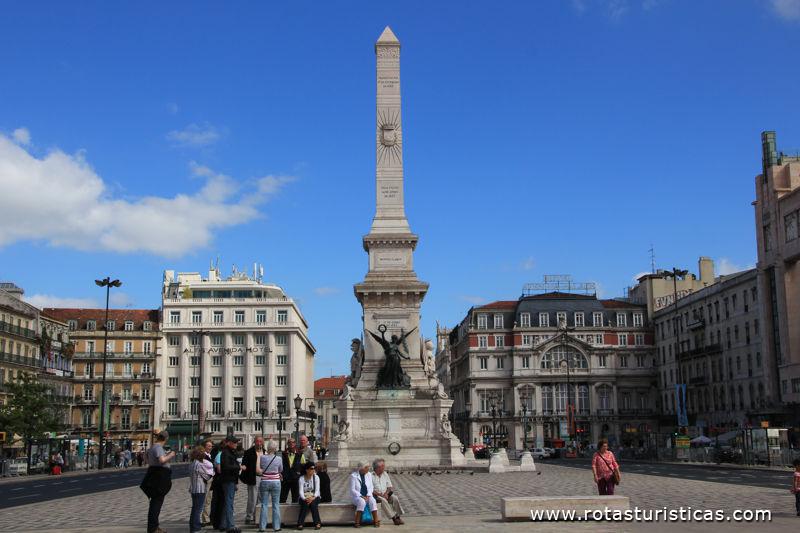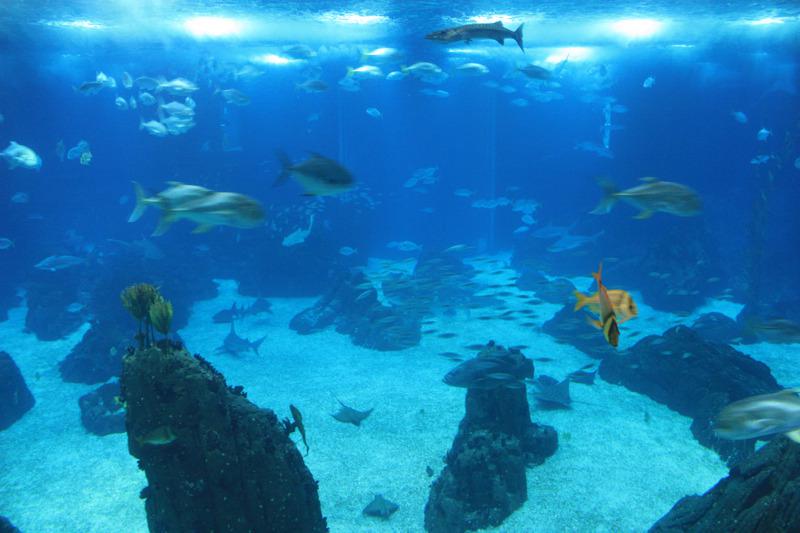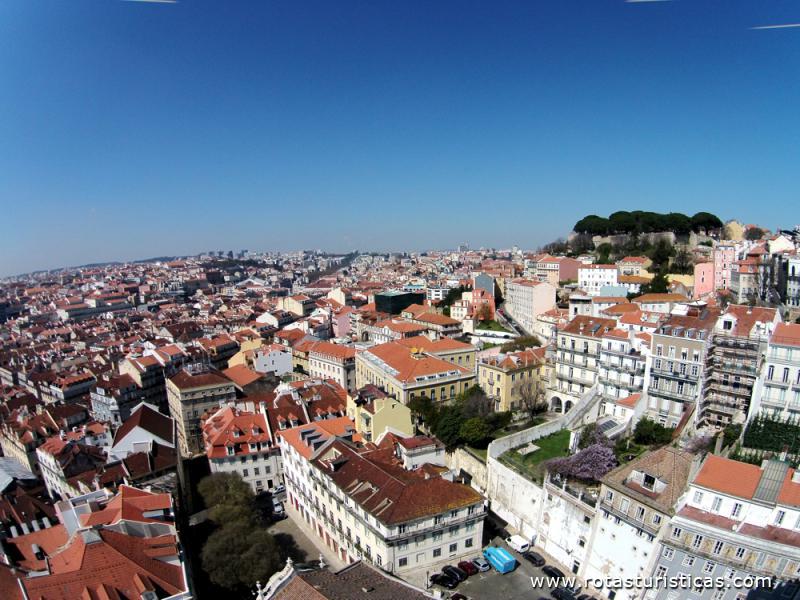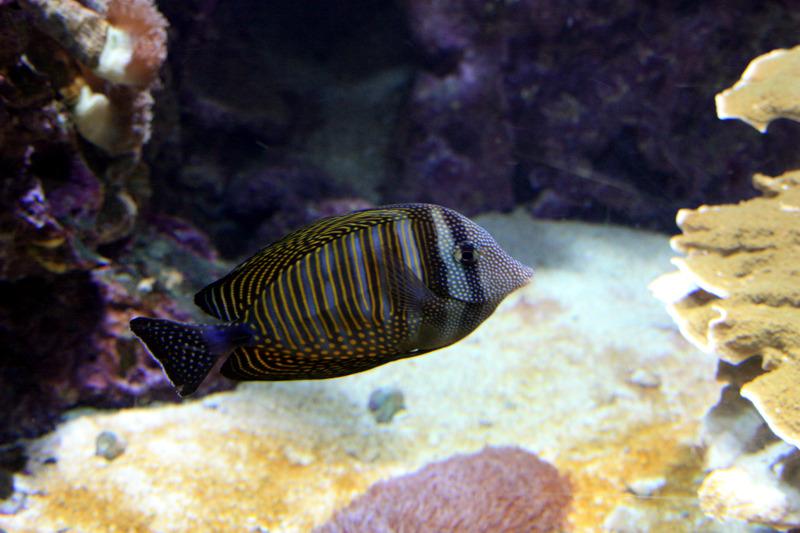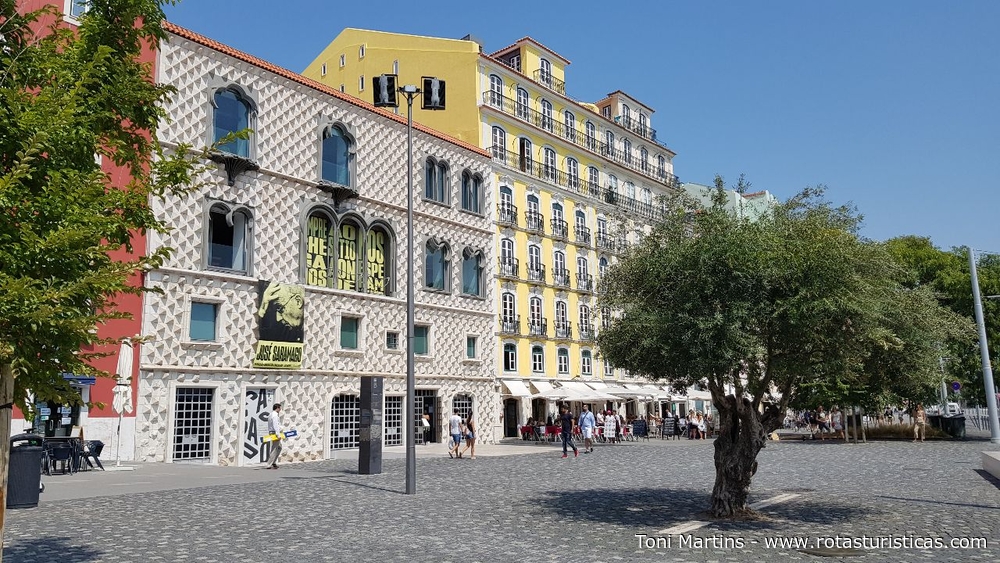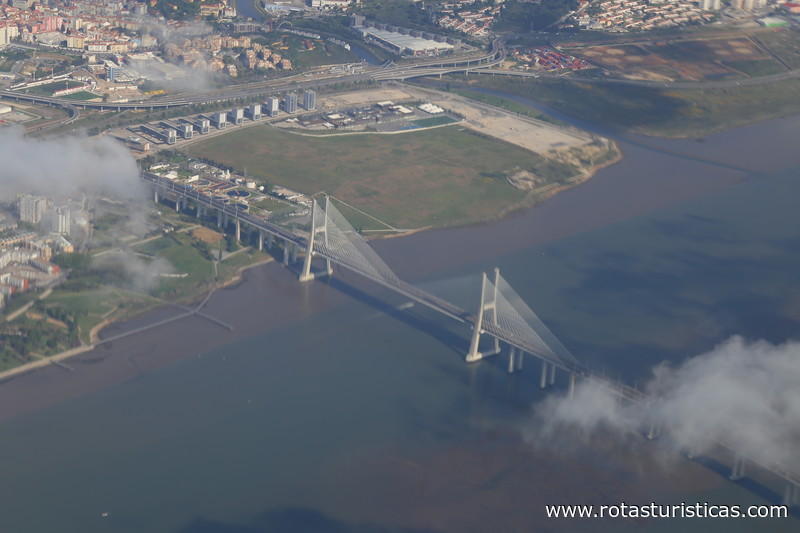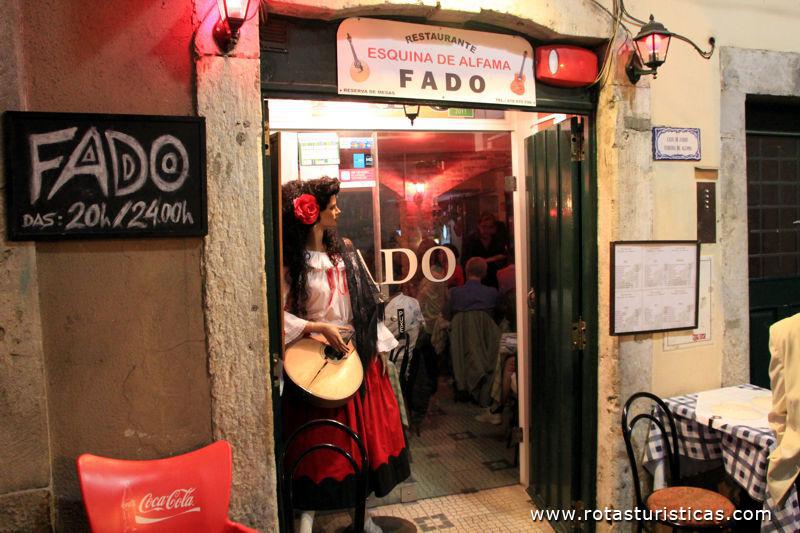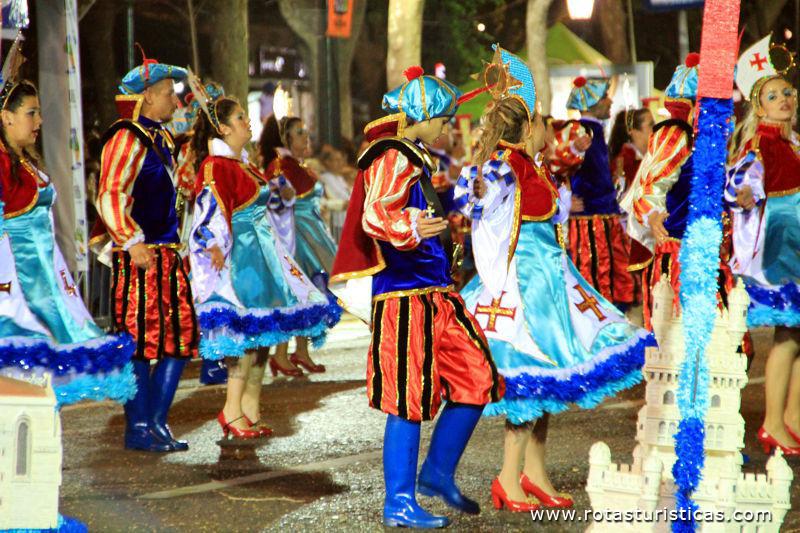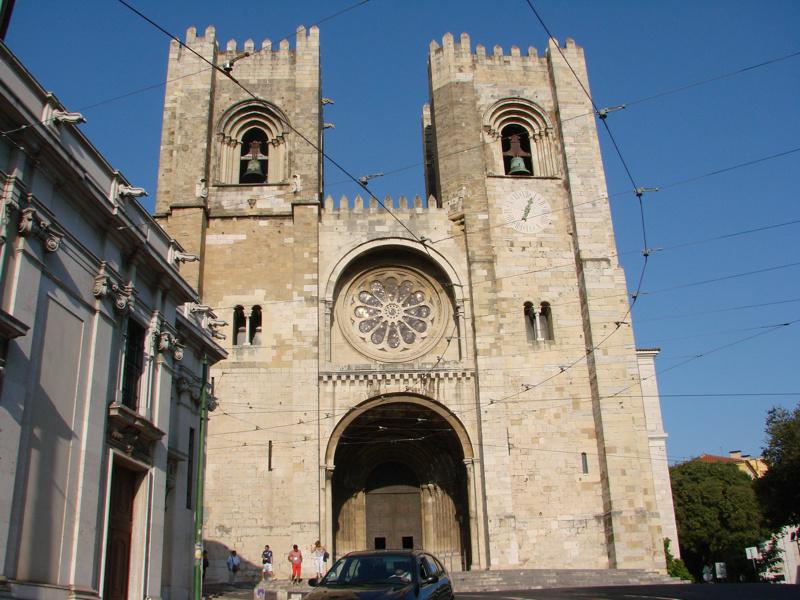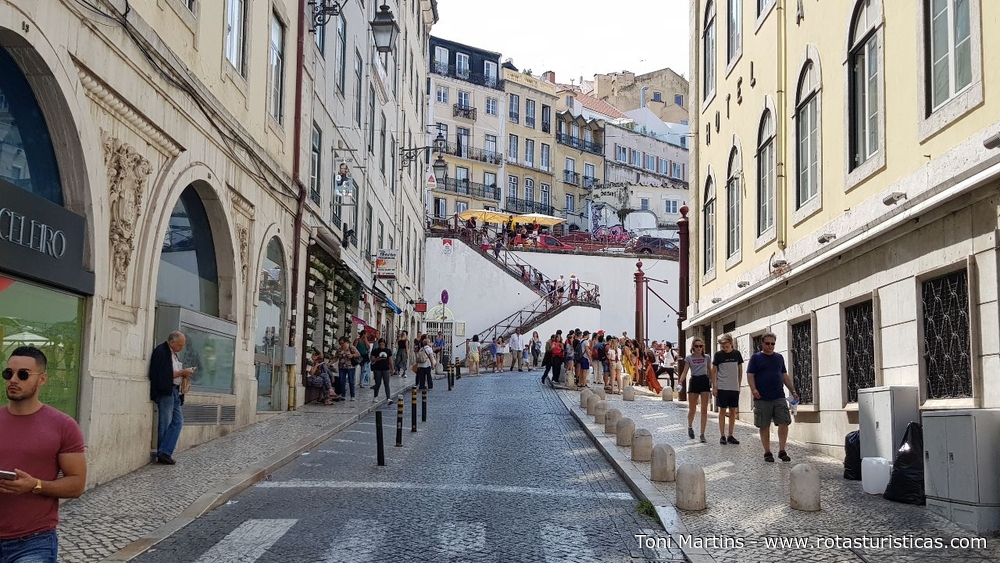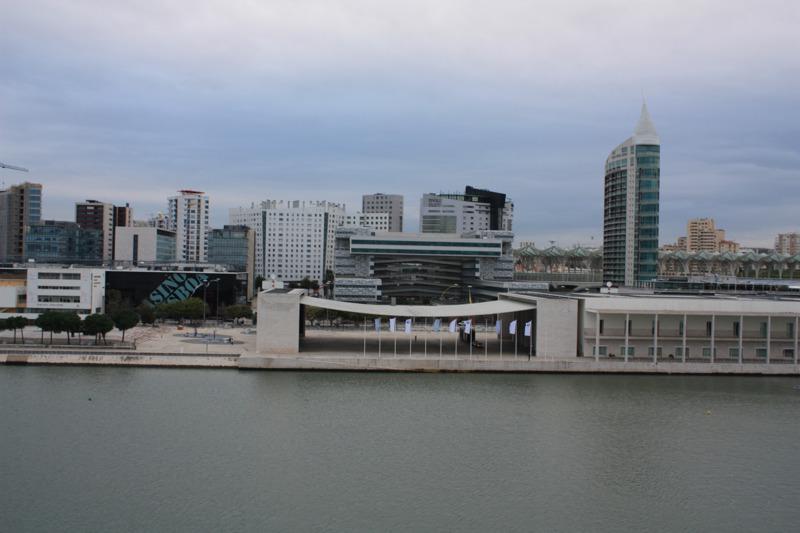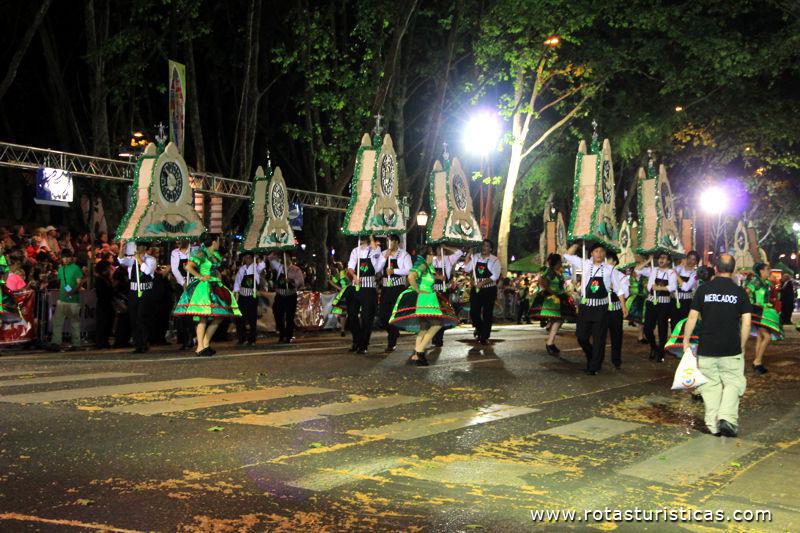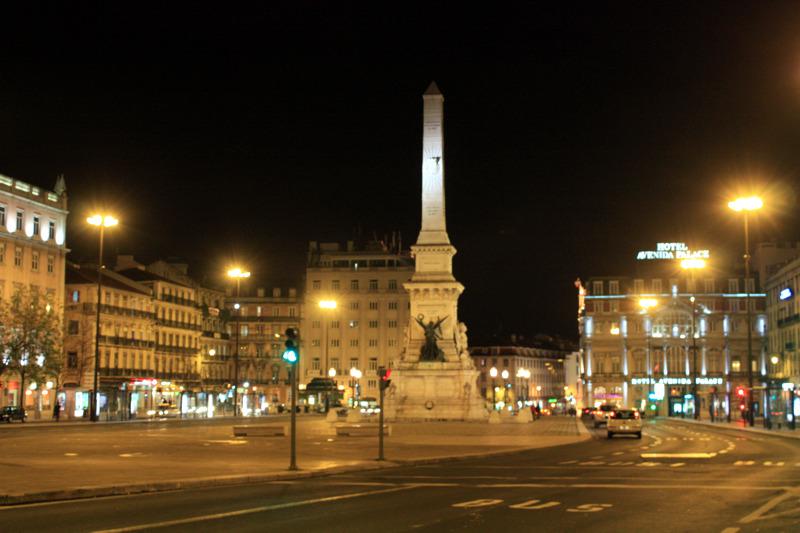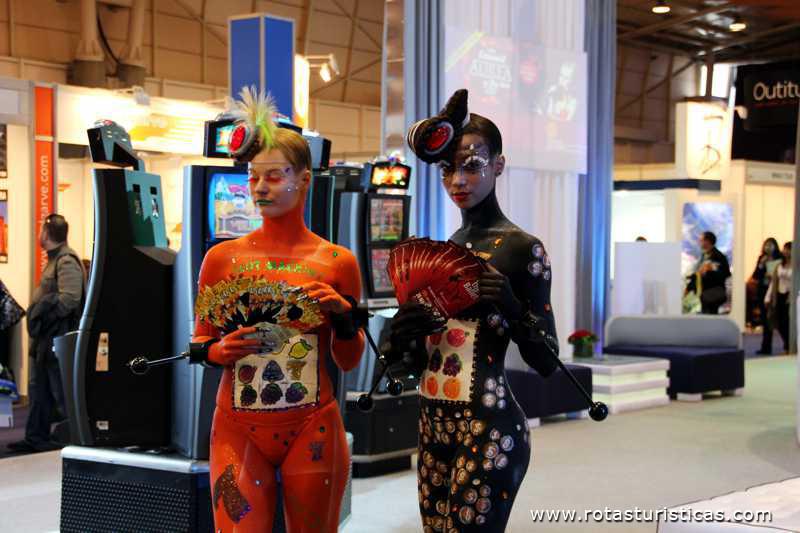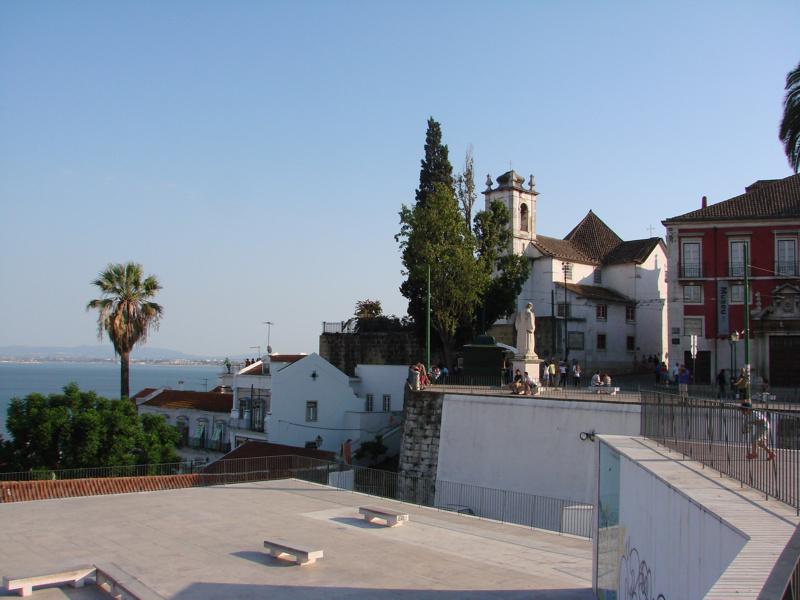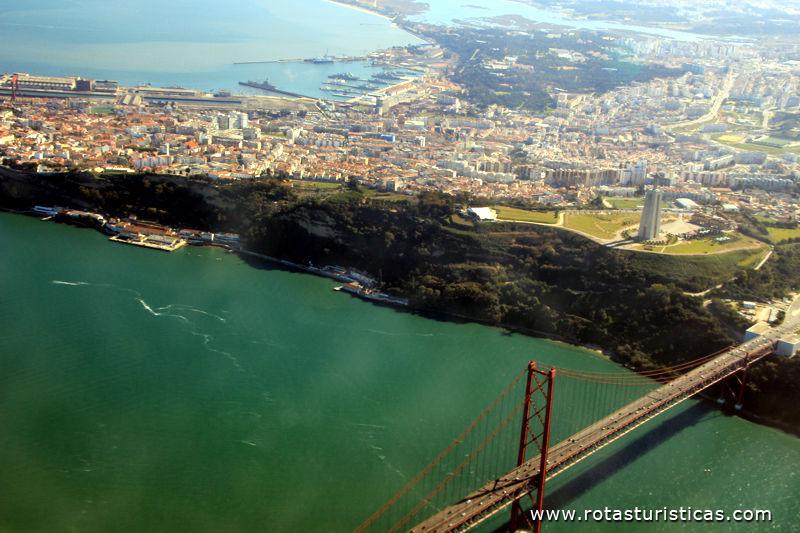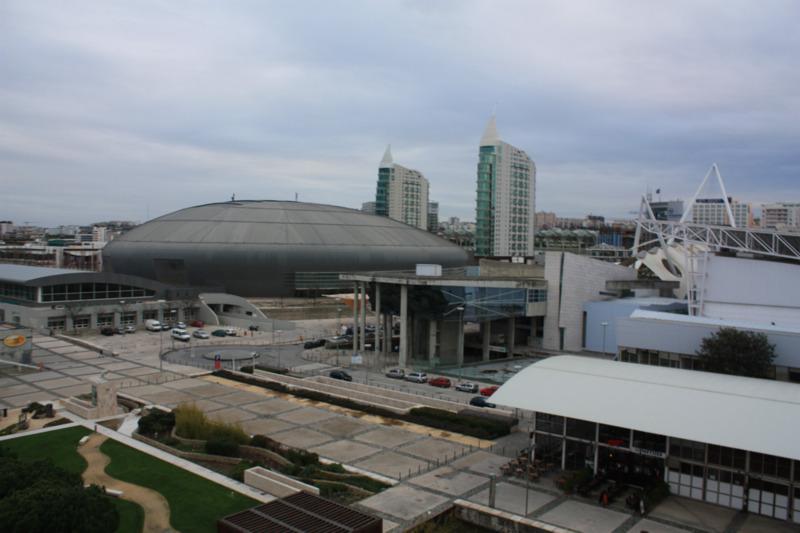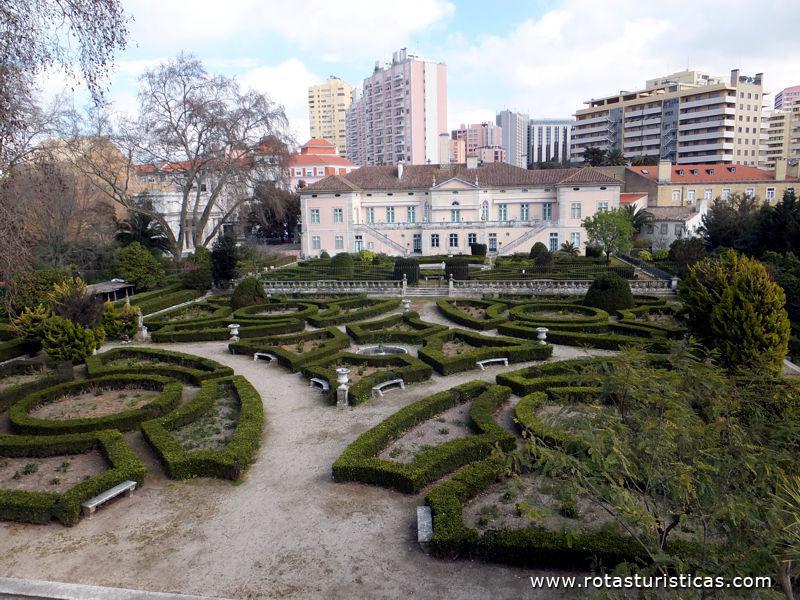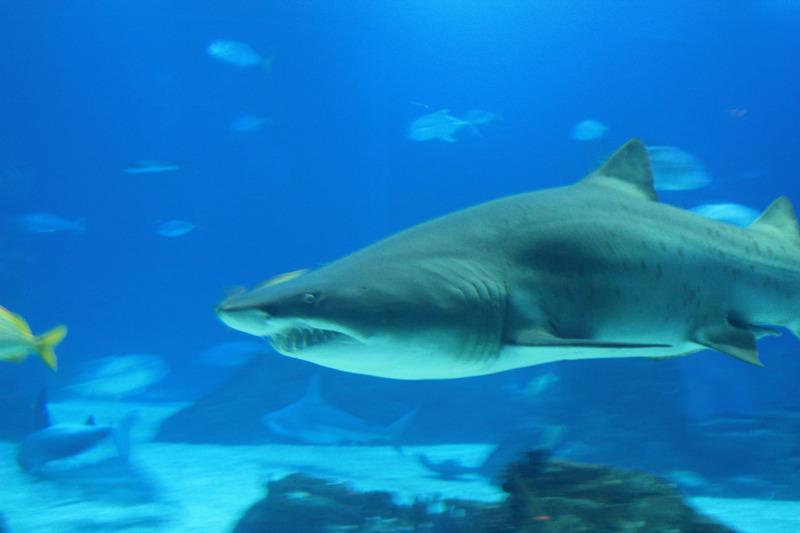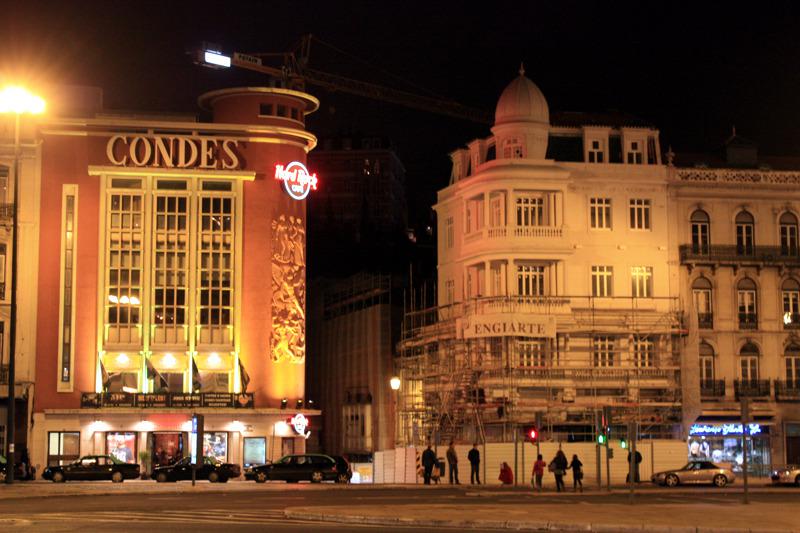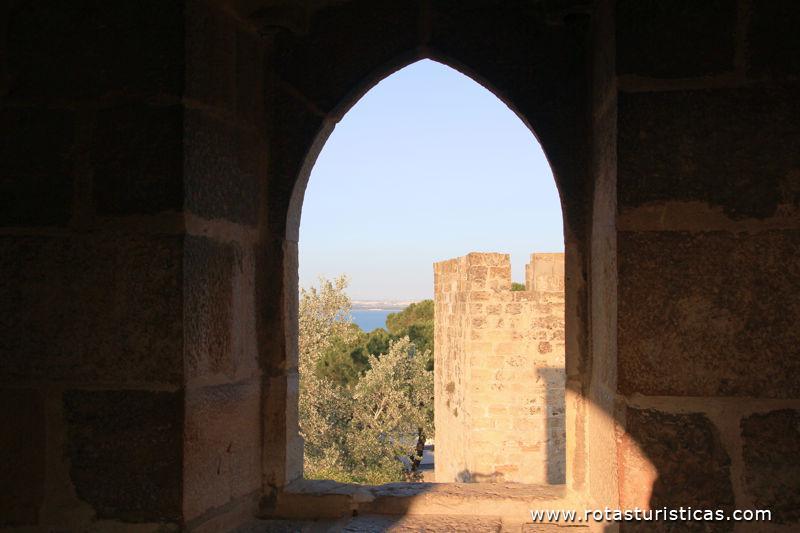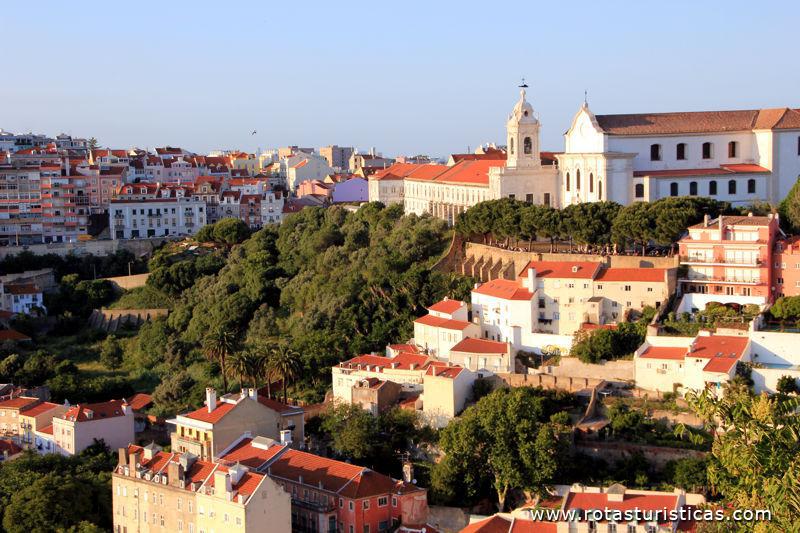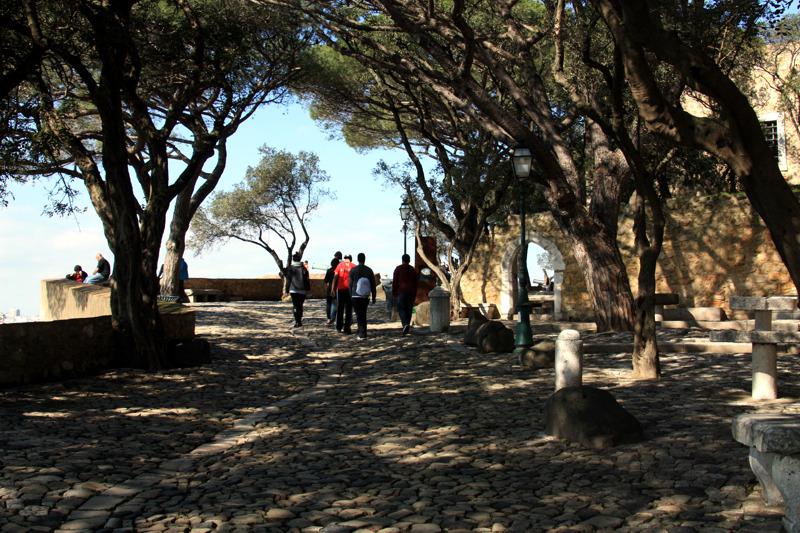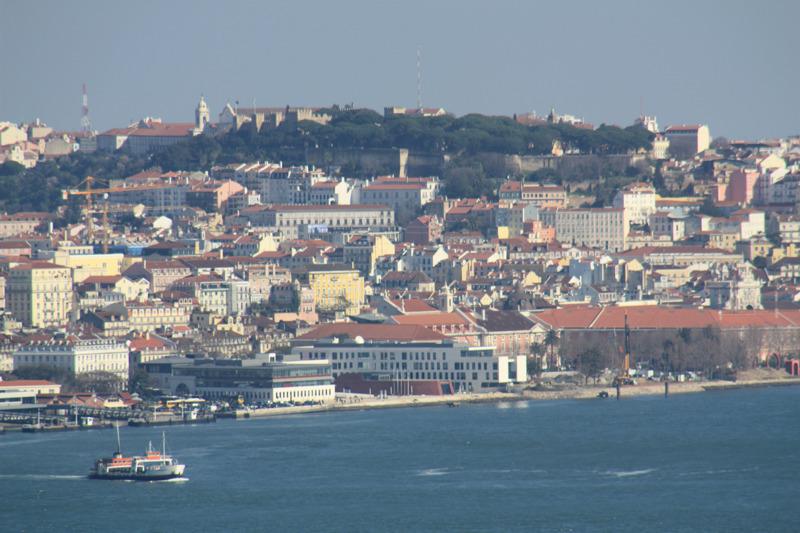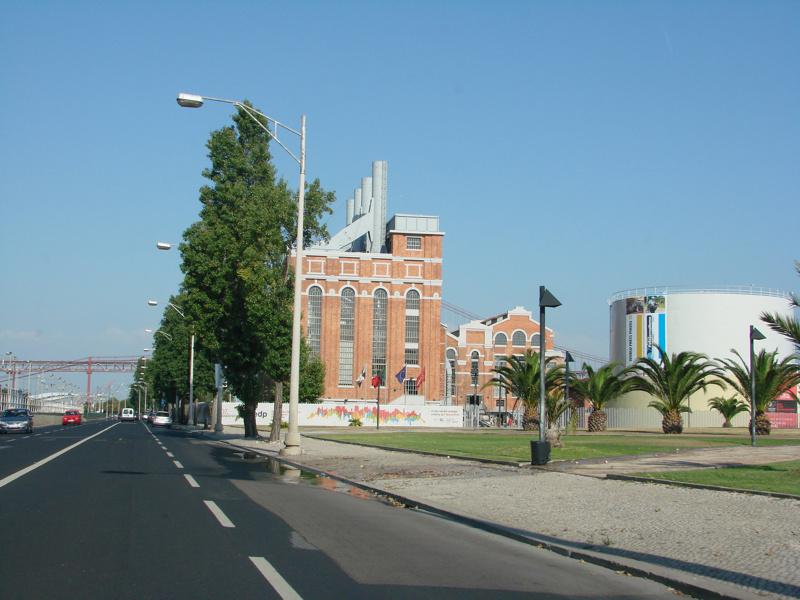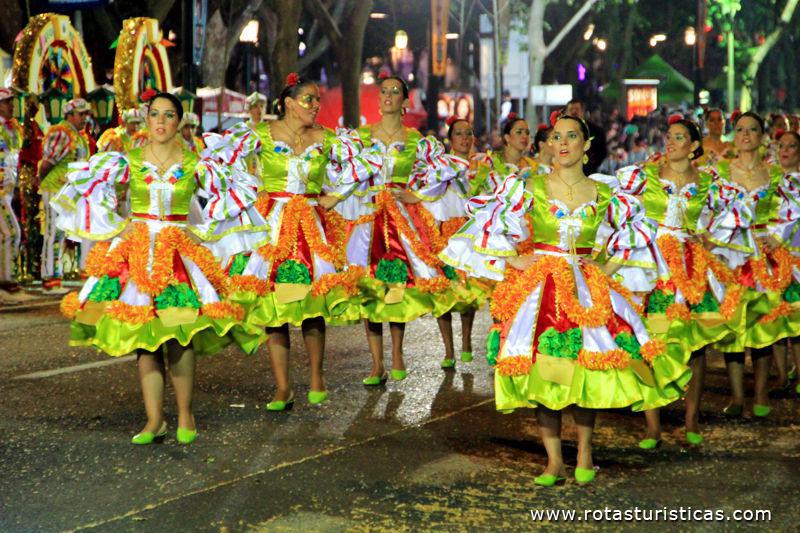Pictures of: Lisbon, Portugal
Location map
Airports
Hotels and other Accommodation
Golf Courses
What to visit
Where to Eat
Where to have fun
Consulates & Embassies
World Nomads
The Travel Insurance with the largest coverage

The Travel Insurance with the largest coverage

Lisbon
Lisbon is the capital and most populous city of Portugal, with a population of 547 733 inhabitants within its administrative limits, an area of 100 square kilometers. Around three million people live in the Greater Lisbon Metropolitan Area (approximately 27% of the population of the whole country), making it the 11th most populous urban area in the European Union and therefore the largest urban area followed by Porto. Lisbon is the largest city and the westernmost capital of the European continent, besides being the only one along its Atlantic coast.
The Portuguese capital is recognized as a global city due to its importance in financial, commercial, media, artistic, educational and tourist aspects. It is one of the main economic centers of the continent, with a growing financial sector and the largest container port on the Atlantic coast from Europe. Portela Airport receives more than 15.3 million passengers annually, while the motorway network and the high-speed railroad system (Alfa Pendular) connect the main Portuguese cities to the capital. Lisbon is the seventh most visited city in the world. south of Europe, after Istanbul, Rome, Barcelona, Madrid, Athens and Milan, with 1 740 000 tourists in 2009, having exceeded the mark of 10 million tourists in 2013. The region of Lisbon is the richest region of the country, with a GDP per capita PPP of EUR 26 100 (4.7% higher than the average European average GDP per capita). Its metropolitan area is the tenth richest in the continent with a GDP-PPC of 110 billion euros, which is equivalent to about 45% of the country's total GDP-PPP. The city ranks 32nd among the largest gross revenues in the world. Most of the headquarters of multinational companies located in Portugal are located in the region of Lisbon and the city is the ninth in the world in quantity of international conferences.
Lisbon is one of the oldest cities in the world and the oldest city in Western Europe, predating other modern European capitals like London, Paris and Rome in hundreds of years of existence. The Roman emperor Julius Caesar made a municipality called Felicitas Julia, adding to the name Olisipo. Ruled by a series of Germanic tribes from the fifth century, the city was captured by the Moors in the 8th century. In 1147, the crusaders under Afonso Henriques reconquered the city and since then it has been an important political, economic and cultural center of Portugal. Unlike most capitals, the status of Lisbon as the capital of Portugal has never been officially granted or confirmed. Its position as capital was formed with the constitutional convention, making its position as de facto capital a part of the Constitution of Portugal.
The Portuguese capital is recognized as a global city due to its importance in financial, commercial, media, artistic, educational and tourist aspects. It is one of the main economic centers of the continent, with a growing financial sector and the largest container port on the Atlantic coast from Europe. Portela Airport receives more than 15.3 million passengers annually, while the motorway network and the high-speed railroad system (Alfa Pendular) connect the main Portuguese cities to the capital. Lisbon is the seventh most visited city in the world. south of Europe, after Istanbul, Rome, Barcelona, Madrid, Athens and Milan, with 1 740 000 tourists in 2009, having exceeded the mark of 10 million tourists in 2013. The region of Lisbon is the richest region of the country, with a GDP per capita PPP of EUR 26 100 (4.7% higher than the average European average GDP per capita). Its metropolitan area is the tenth richest in the continent with a GDP-PPC of 110 billion euros, which is equivalent to about 45% of the country's total GDP-PPP. The city ranks 32nd among the largest gross revenues in the world. Most of the headquarters of multinational companies located in Portugal are located in the region of Lisbon and the city is the ninth in the world in quantity of international conferences.
Lisbon is one of the oldest cities in the world and the oldest city in Western Europe, predating other modern European capitals like London, Paris and Rome in hundreds of years of existence. The Roman emperor Julius Caesar made a municipality called Felicitas Julia, adding to the name Olisipo. Ruled by a series of Germanic tribes from the fifth century, the city was captured by the Moors in the 8th century. In 1147, the crusaders under Afonso Henriques reconquered the city and since then it has been an important political, economic and cultural center of Portugal. Unlike most capitals, the status of Lisbon as the capital of Portugal has never been officially granted or confirmed. Its position as capital was formed with the constitutional convention, making its position as de facto capital a part of the Constitution of Portugal.
Tourism
Lisbon is a historic capital, a potpourri with an unusual character and charm, where 800 years of diverse cultural influences mix with the most modern trends and lifestyles, creating truly spectacular contrasts.
Historic center
Located mostly in the center of Lisbon, the historic districts are a must for anyone who travels to the capital of Portugal. For culture, for history, for architecture, for people or just for a leisurely stroll, it is imperative to discover them. As a structural part of the Lisbon identity, these districts provide, to those who discover them, a true personal map. The possibilities are immense. Do not let them pass by.
Belém
Continuing along the riverside, you will arrive at what is the most paradigmatic neighborhood in terms of heritage related to the discoveries: Belém. It was from your beach that the ships of Vasco da Gama departed the discovery of the sea route to India and throughout the grandeur of the old empire.
Nations' park
The Parque das Nações is today a lively, dynamic and multifunctional space. It is the mark of contemporary Lisbon, a place where Lisbonians have fun, enjoy shows, stroll, practice sports, shop, work and live, with quality and harmony.
Lisbon Oceanarium
Opened during Expo 98, the Lisbon Oceanarium is one of the largest public aquariums in Europe.
Casino Lisboa
The Casino Lisboa, located in Parque das Nações, right in front of the Oceanarium, is the most recent tourist entertainment equipment in the capital.
Pavilion of Knowledge - Living Science
It is an interactive science and technology museum regularly exhibiting several exhibitions of an essentially playful nature, its exhibitions and activities allow visitors to explore many and varied themes and scientific and technological experiences in an active and relaxed.
Altice ARENA
The great hall of Lisbon
It is one of the most modern and largest covered pavilions in Europe and is able to receive the most varied types of events. With a capacity of 20 thousand people, the venue hosts about one hundred events a year.
Marina of the Nations Park
An urban Marina, in the city center, 5 minutes from the airport.
With 602 moorings, for boats up to 25m and cruises / mega yachts up to 230m, offers a wide range of maintenance services.
Pavilion of Portugal
Multipurpose space
The Portugal Pavilion at the 1998 World Expo (EXPO'98), located in the Parque das Nações in Lisbon, was the building responsible for hosting the Portuguese national representation in that event, being erected to this day.
Gare do Oriente
The Gare do Oriente dominates the view, functioning as an imposing urban element, and includes a bus station, parking, metro station, train station and a shopping arcade.
Cable car
One of the best ways to enjoy the most stunning and comprehensive view of Parque das Nações and the Tagus River, along a route of more than one thousand meters.
Vasco da Gama Tower
With more than 140 meters of height, it offers an amazing view on the Parque das Nações, the Tagus River and Lisbon.
Night life
As soon as the sun sets on the horizon, plunging into the Tagus, Lisbon is transfigured. It is the nocturnal face of the city that reveals itself: effervescent, extroverted and a contagious energy that lasts until dawn. The nightlife of Lisbon is known as one of the longest and most vibrant in Europe and the world.
Bairro Alto, Bica and Príncipe Real
There are chances of programs and fun for all tastes and ages, in an endless array of restaurants, bars, nightclubs and fado houses.
Cais do Sodré
It is that in an area where so many thousands spend during the day, to and from work, the nighttime fun could not walk around.
Bethlehem and Docks
Former port area of Lisbon, was given to entrepreneurs by the Administration of the Port of Lisbon. Where formerly there were old and closed warehouses, today are some of the best bars and restaurants in Lisbon
Santos and 24 of July
The opening movement of bars and discos spread to the avenue where most of the fishing and office warehouses were concentrated. Today, there are bars and discos, yes, no doors, and large clusters of new people, on an almost continuous line from Cais do Sodré to Rua das Janelas Verdes, on the way to Belém.
Historic center
Located mostly in the center of Lisbon, the historic districts are a must for anyone who travels to the capital of Portugal. For culture, for history, for architecture, for people or just for a leisurely stroll, it is imperative to discover them. As a structural part of the Lisbon identity, these districts provide, to those who discover them, a true personal map. The possibilities are immense. Do not let them pass by.
Belém
Continuing along the riverside, you will arrive at what is the most paradigmatic neighborhood in terms of heritage related to the discoveries: Belém. It was from your beach that the ships of Vasco da Gama departed the discovery of the sea route to India and throughout the grandeur of the old empire.
Nations' park
The Parque das Nações is today a lively, dynamic and multifunctional space. It is the mark of contemporary Lisbon, a place where Lisbonians have fun, enjoy shows, stroll, practice sports, shop, work and live, with quality and harmony.
Lisbon Oceanarium
Opened during Expo 98, the Lisbon Oceanarium is one of the largest public aquariums in Europe.
Casino Lisboa
The Casino Lisboa, located in Parque das Nações, right in front of the Oceanarium, is the most recent tourist entertainment equipment in the capital.
Pavilion of Knowledge - Living Science
It is an interactive science and technology museum regularly exhibiting several exhibitions of an essentially playful nature, its exhibitions and activities allow visitors to explore many and varied themes and scientific and technological experiences in an active and relaxed.
Altice ARENA
The great hall of Lisbon
It is one of the most modern and largest covered pavilions in Europe and is able to receive the most varied types of events. With a capacity of 20 thousand people, the venue hosts about one hundred events a year.
Marina of the Nations Park
An urban Marina, in the city center, 5 minutes from the airport.
With 602 moorings, for boats up to 25m and cruises / mega yachts up to 230m, offers a wide range of maintenance services.
Pavilion of Portugal
Multipurpose space
The Portugal Pavilion at the 1998 World Expo (EXPO'98), located in the Parque das Nações in Lisbon, was the building responsible for hosting the Portuguese national representation in that event, being erected to this day.
Gare do Oriente
The Gare do Oriente dominates the view, functioning as an imposing urban element, and includes a bus station, parking, metro station, train station and a shopping arcade.
Cable car
One of the best ways to enjoy the most stunning and comprehensive view of Parque das Nações and the Tagus River, along a route of more than one thousand meters.
Vasco da Gama Tower
With more than 140 meters of height, it offers an amazing view on the Parque das Nações, the Tagus River and Lisbon.
Night life
As soon as the sun sets on the horizon, plunging into the Tagus, Lisbon is transfigured. It is the nocturnal face of the city that reveals itself: effervescent, extroverted and a contagious energy that lasts until dawn. The nightlife of Lisbon is known as one of the longest and most vibrant in Europe and the world.
Bairro Alto, Bica and Príncipe Real
There are chances of programs and fun for all tastes and ages, in an endless array of restaurants, bars, nightclubs and fado houses.
Cais do Sodré
It is that in an area where so many thousands spend during the day, to and from work, the nighttime fun could not walk around.
Bethlehem and Docks
Former port area of Lisbon, was given to entrepreneurs by the Administration of the Port of Lisbon. Where formerly there were old and closed warehouses, today are some of the best bars and restaurants in Lisbon
Santos and 24 of July
The opening movement of bars and discos spread to the avenue where most of the fishing and office warehouses were concentrated. Today, there are bars and discos, yes, no doors, and large clusters of new people, on an almost continuous line from Cais do Sodré to Rua das Janelas Verdes, on the way to Belém.
Gastronomy
Gastronomy, wine, the simple act of sharing a meal or a drink with friends, are common behaviors in the life of the city.
The proximity to the sea gives to the local gastronomy truly delicious dishes of fish and seafood that are celebrated in an annual festival "Fish in Lisbon".
The cod is made up of 1001 shapes, all of them irresistible. In Lisbon you will also find the best of Mediterranean cuisine, bread, olive oil, cheese, sausages and a wide variety of snacks. In the autumn, you will be surprised by the charming smell of the roasted chestnuts, sold in the streets. In Lisbon you will find a wide range of restaurants, from the most traditional and typical to the most sophisticated and international. Young and innovative chefs reinvent Portuguese cuisine, with interesting and refined ways of making the traditional products of our gastronomy. In contrast, you will find some of the region's cuisine treasures in small taverns by the typical Lisbon neighborhoods, always in a cozy atmosphere. Be it refinement, abundance, tradition or simplicity you are looking for, Lisbon is always a perfect place to enjoy a meal.
In all this, the best way to fully enjoy the moment is to accompany your meal with Portuguese wines, from all regions and for all tastes. The wine tradition of our country gave the Portuguese the virtue of choosing the right wine for the right dish. And to complete the rich and varied gastronomy, let yourself be enveloped by the environment. Discover the cafes as meeting places and delight in our sweets and pastries where the pastels of Belém are protagonists.
The proximity to the sea gives to the local gastronomy truly delicious dishes of fish and seafood that are celebrated in an annual festival "Fish in Lisbon".
The cod is made up of 1001 shapes, all of them irresistible. In Lisbon you will also find the best of Mediterranean cuisine, bread, olive oil, cheese, sausages and a wide variety of snacks. In the autumn, you will be surprised by the charming smell of the roasted chestnuts, sold in the streets. In Lisbon you will find a wide range of restaurants, from the most traditional and typical to the most sophisticated and international. Young and innovative chefs reinvent Portuguese cuisine, with interesting and refined ways of making the traditional products of our gastronomy. In contrast, you will find some of the region's cuisine treasures in small taverns by the typical Lisbon neighborhoods, always in a cozy atmosphere. Be it refinement, abundance, tradition or simplicity you are looking for, Lisbon is always a perfect place to enjoy a meal.
In all this, the best way to fully enjoy the moment is to accompany your meal with Portuguese wines, from all regions and for all tastes. The wine tradition of our country gave the Portuguese the virtue of choosing the right wine for the right dish. And to complete the rich and varied gastronomy, let yourself be enveloped by the environment. Discover the cafes as meeting places and delight in our sweets and pastries where the pastels of Belém are protagonists.
Weather
Lisbon is one of the coolest capitals in Europe, with a Mediterranean climate (Csa according to the Köppen climate classification) heavily influenced by the Gulf Stream. The spring is cool to warm (from 8 ° C to 26 ° C) with sun and a few showers. Summer is generally hot and dry and temperatures between 16 ° C to 35 ° C. Autumn is mild and unstable, with temperatures between 12 ° C and 27 ° C and the winter is typically rainy and cool, also with some sunshine (temperatures between 3 ° C and 17 ° C). The lowest temperature recorded was -2.2 ° C and the highest temperature was 43 ° C. Sea water temperature varies between 15 ° C and 16 ° C in February and between 20 ° C and 21 ° C in August and September, with an annual average of 17.5 ° C. On summer afternoons, the wind tends to blow moderately (sometimes strong) northwest. Due to its geographical situation, it is among the European capitals with milder winters, with temperatures below zero being rare and snowfall quite sporadic; it can be many years without snow in Lisbon.
Other tourist destinations in:
Portugal
Portugal
Other world tourist destinations
Why to book with CLUBE TRAVEL
The best prices
Our partnerships with the world´s largest operators offer research on the best market prices.
More options
At Rotas Turisticos you can book the hotel, buy the air ticket, book the transfer from the airport to the hotel and vice versa, book the local excursions, rent the car, take travel insurance and consult the places to visit and where to go.
Holiday Tips & Destinations
Hundreds of holiday destinations with all the options that allow you to easily choose the destination that best suits your dream vacation.
CLUBE TRAVEL
Links



